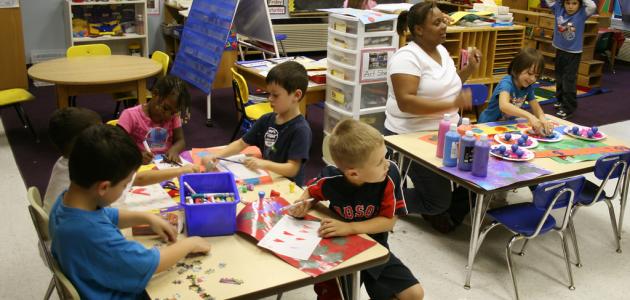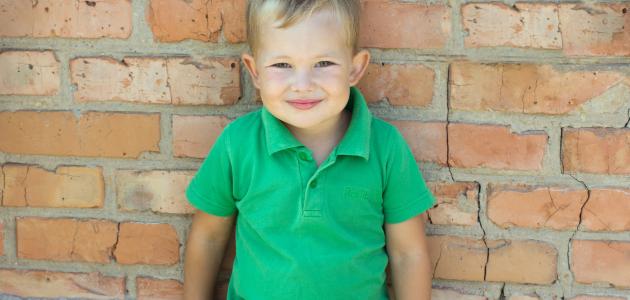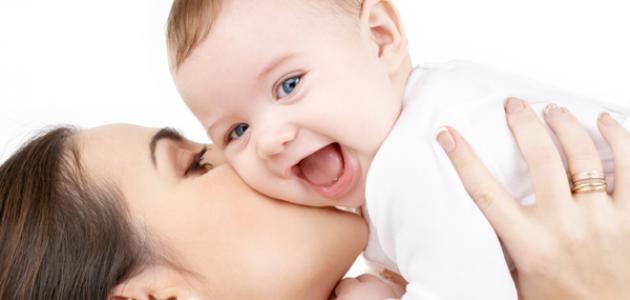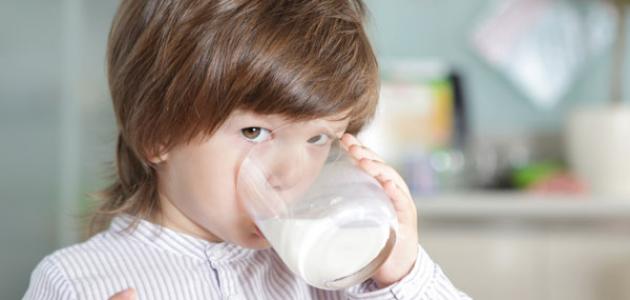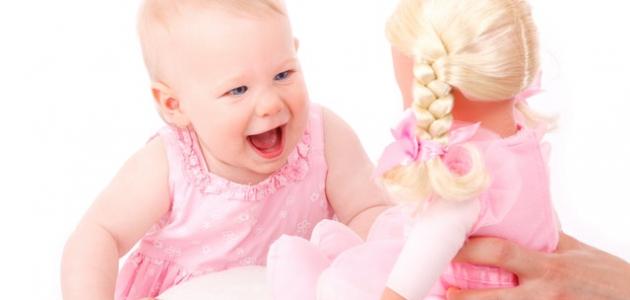Contents
The stages of a child's thinking
There are many factors that affect the mental change and intellectual development of the child, including: the biological and physical development that enables him to interact with those around him and with the surrounding environment, and the family, social and cultural upbringing, which increases the life experiences of the child, which affects the cognitive and cognitive development His, in addition to the material and economic condition of the child's family, thinking and practical actions, and in this article we will introduce you to the stages of a child's thinking.
What are the stages of the growth of the child's thinking
Sensory-motor stage
This stage begins from birth and continues until the second year of life, when the infant begins to explore and understand the surrounding world by coordinating the acquired experiences of skills, motor abilities, and senses, and before the end of the first year of life, the infant begins to understand that the outside world is separate from Himself and his body, as the principle of the permanence of a thing is formed, as he understands that existing things remain even if they disappear from his hearing or sight, noting that he begins to acquire the ability of mental focus before the end of this stage, where he is able to create a symbolic or visual image of simple things, to understand them, And the indication of it.
Pre-logical operations stage
This stage starts from the age of two years and continues until the age of 6 or 7 years, so the child learns how to form a mental image of reality more, and his imaginative play increases, and he creates a mental picture of reality, and how to represent things in the form of drawings or words, in addition to increasing his questions. In order to understand the things surrounding him, just as his thinking is centered around himself, so the child feels that he is the center of the universe, and he cannot easily understand other points of view, and he does not understand the principle of preservation.
Stage of tangible or tangible processes
This stage starts from 6 years or 7 years, and continues until the age of 11 years, during which the child uses logical thinking based on mental processes of concrete things, but he remains unable to think abstractly logical, just as thinking based on self-centeredness disappears, and becomes able To easily understand others' points of view, as he begins to understand the principle of preservation, and the principle of reversibility, meaning that water can turn into snow, and vice versa.
Stage of abstract processes
This stage is from the age of 11 years and above, and the child is distinguished in it by his ability to think abstractly, and to general deduction from the private, in addition to using inferential thinking in solving problems, and he begins to assimilate many abstract meanings such as death and the goal of worship.


